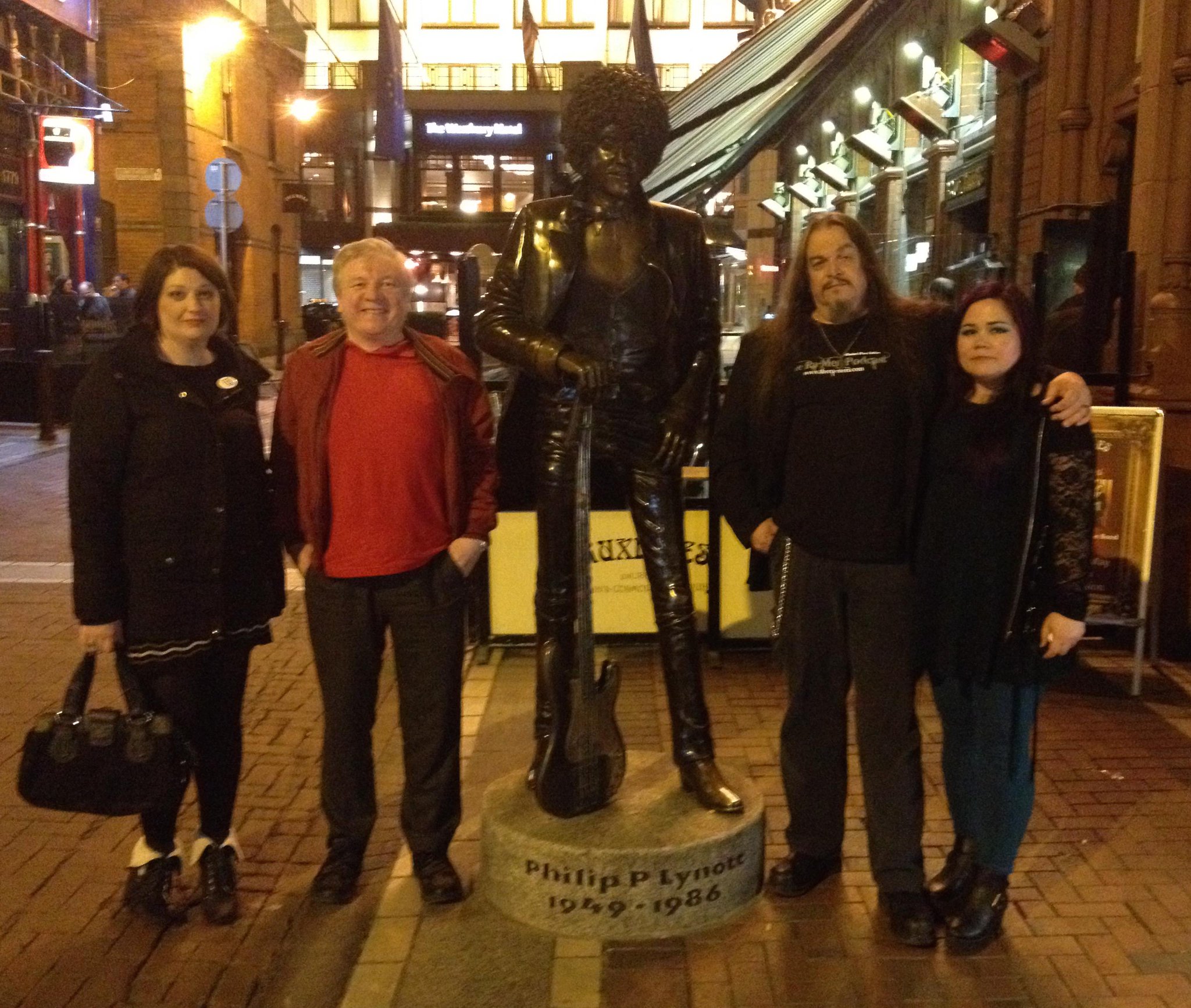Originally a comment by karmacat on Psychiatry is an important skeptical and social justice issue.
My anger comes from working as a psychiatrist and watching my patients suffer and scared that maybe there is nothing I can do for some patients. SC does have valid criticisms because the brain is so complicated that we have a limited understanding of it.
Mental illnesses do exist but we still don’t really understand the pathophysiology of the brain. We can see how patients with schizophrenia have different brains from “normal.” but one patient with schizophrenia can be different from another patient with schizophrenia even though they have the same diagnosis. [Read more…]


